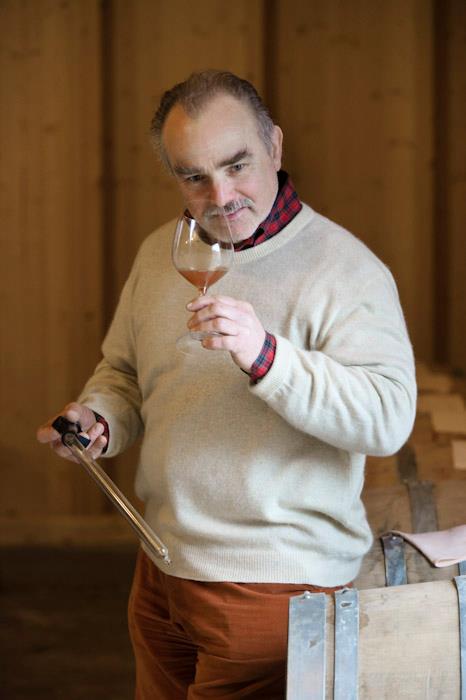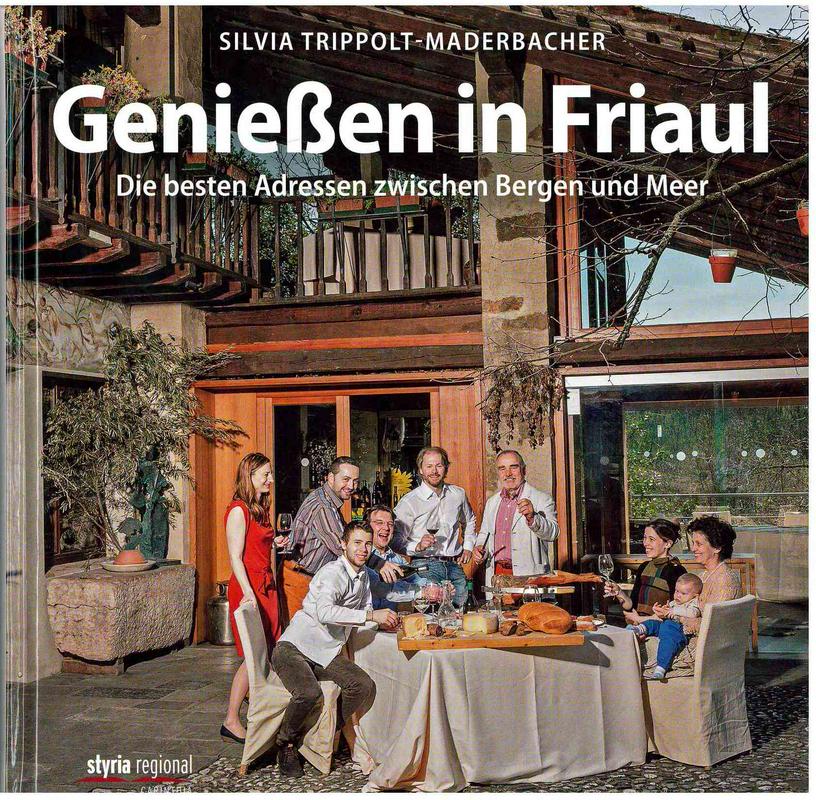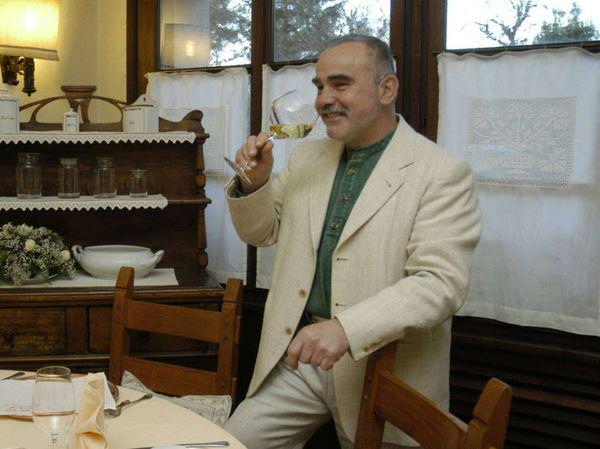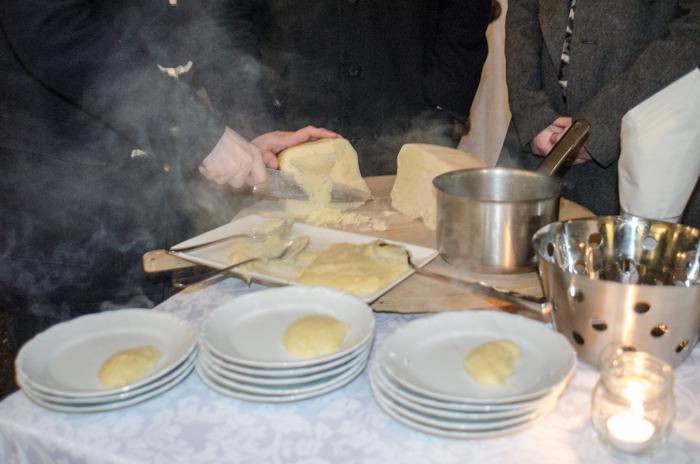



Sirk modernized an old restaurant in Krmin near the Slovenian-Italian border. Together with his wife Loredana they then took La Subido to a higher level, beyond the classical restaurant stereotypes, expanding the establishment with village style holiday houses, a swimming pool, a riding center, a tennis court, and renting bikes and scooters. The estate was one of the first to bring in the concept of farm tourism.
The Michelin star is only one out of a number of recognitions which Sirk has received in his career in the restaurant business. The latest recognition for the family-run business (his daughter Tanja is slowly taking over the reins together with her husband Alessandro, while his son Mitja is into enology) is being put on the top 100 Best Places to Eat in the World list compiled by the US Newsweek magazine.
Among Slovenia's gourmets and chefs there is always a lot of debate about Michelin stars and especially the lack of them here. As somebody who has the Michelin star, where's the difference between you and other Slovenian master chefs still waiting for a star?
There really isn't any difference, it's all quite simple - Slovenia doesn't have a Michelin Guide, and that's why it doesn't have any stars. It has nothing to do with the quality of Slovenia's restaurants or inns, among which you can be sure, that there are a few who already deserve a Michelin star.
You once supposedly hinted that you never really wanted a star…
That's not really true. I don't know any restaurant owner in the world who would say that the Michelin star doesn't mean anything to him. We are all extremely satisfied and proud of such recognitions. For a restaurant owner it’s a kind of life achievement. But of course, for me as a restaurant owner and also personally, it is not my only goal in life. I very much appreciate the fact that my restaurant won a star, but even if it didn't, it wouldn't be the end of the world.
The "cuisine of the poor", the use of local farm products, turning back to tradition and to the cuisine of our grandmothers are increasingly popular trends. But you started with all that in La Subido a long time ago. Is that the future, or do you think it is only a current culinary trend?
In principle that has always been the basis for top-notch culinary and I think it will remain so in the future. That doesn't mean though that we're going to offer younger generations the same things that older generations used to eat. Absolutely not. The kitchen must remain linked to its own roots. It has to express the territory it comes from. But at the same time, it also has to take into account the lifestyle and needs of today's society. It's clear that today’s modern man lives a completely different lifestyle with less physical effort, often closed behind four walls and stuck to a computer. His eating habits are different than those of a man that has been working physically very hard. And that's a challenge – especially for chefs, to interpret and include the tastes and styles of a certain territory into the needs and lifestyle of this modern generation.
What can we learn from the cuisine of our grandmothers and farm cuisine?
The basics. First of all, in their adult stage of life, everyone should spend some time in their grandmother's kitchen to be able to comprehend it. Because those are the basics on which we can build. Professional qualifications and experience deriving from one's own territory are the things which enable a chef to tailor that which he has learned in the very beginning.
You were one of the first in our wider region to start with farm tourism. Today it's a widespread trend. Obviously you have a good nose for these things. We could even call you a trendsetter …
I think there is a great future for nature tourism – the nature has to be unspoiled, the offer has to be authentic, and the human element will give everything its quality. The human element is the reason why. My opinion is that when a tourist decides to change the comfort of a hotel and the good organization of international tourism, with a smaller offer, he will do that on the basis of the quality of the offer and not because of the infrastructure and organization. The human element and the philosophical quality of that which he will get from a certain territory is what will outweigh the decision. That's the future.

































































